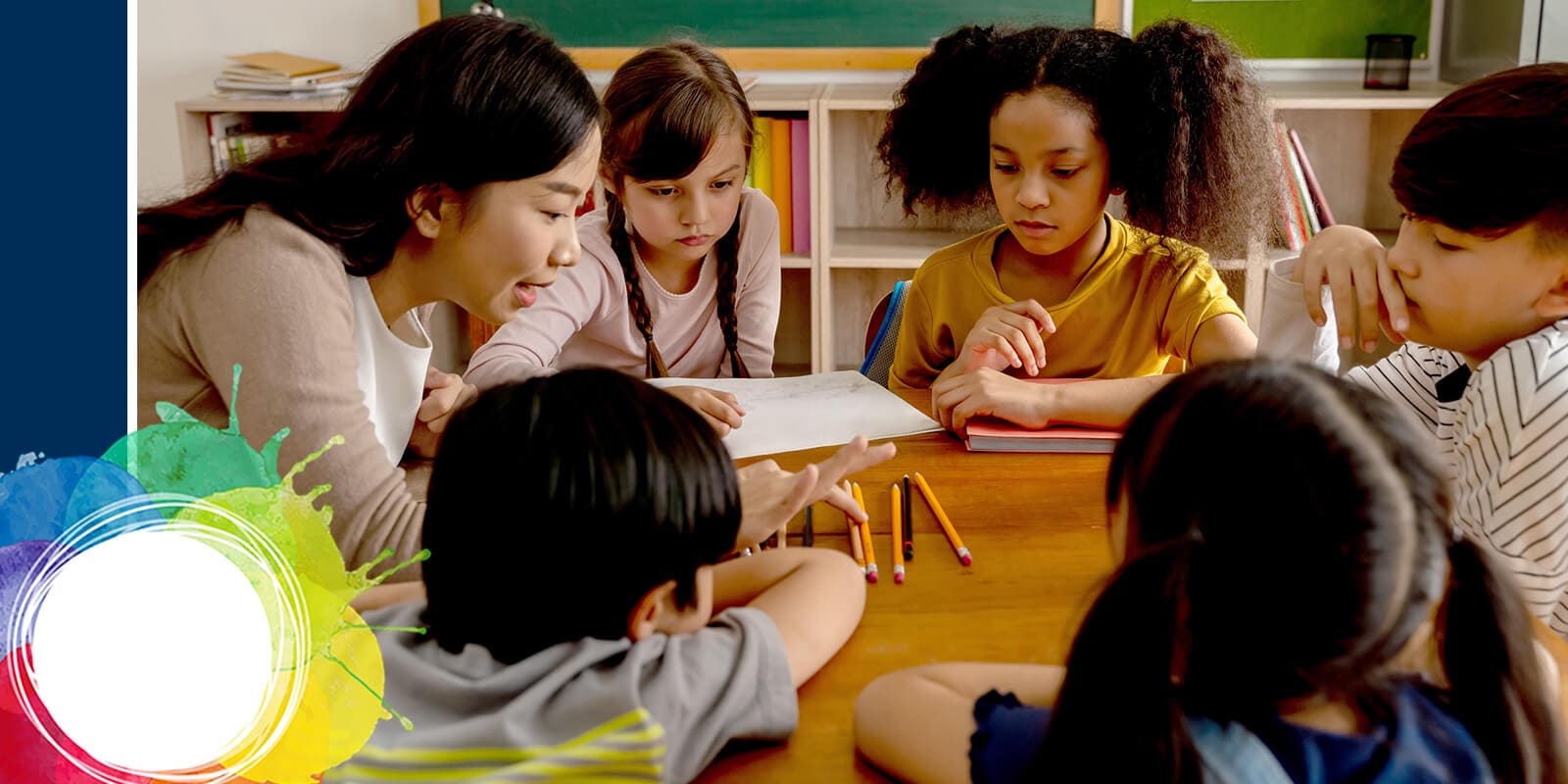Pearson has appointed Trent Workman to Managing Director of Pearson US School Assessment. Trent, formerly Senior Vice President of Pear…

How do you stay up to date in your field? One idea: Explore Pearson’s District Assessments Solutions resource hub! Our team of thought leaders and problem solvers regularly contribute to our resource library to help keep you informed on the latest industry trends, news, and innovations. Pick your path and check back often; new content is added regularly!
Pearson has appointed Trent Workman to Managing Director of Pearson US School Assessment. Trent, formerly Senior Vice President of Pear…
The focus on assessment has intensified in K–12 education. With math and reading scores at historic lows, most states have required mor…
K-12 schools across the country administer a range of student assessments. But a new survey of K-12 educators reveals a troubling gap b…
"When we understand each assessment's purpose, we unlock the power of personalized instruction, have deeper conversations about student…
Many K-12 educators have resisted using artificial intelligence (AI). But a new national survey from Pearson and K-12 Dive’s studioID s…
K-12 leaders and educators believe in the importance of assessments. The trouble is, the assessment tools they’re using don’t prove nea…
A number of our blogs are solution specific.




